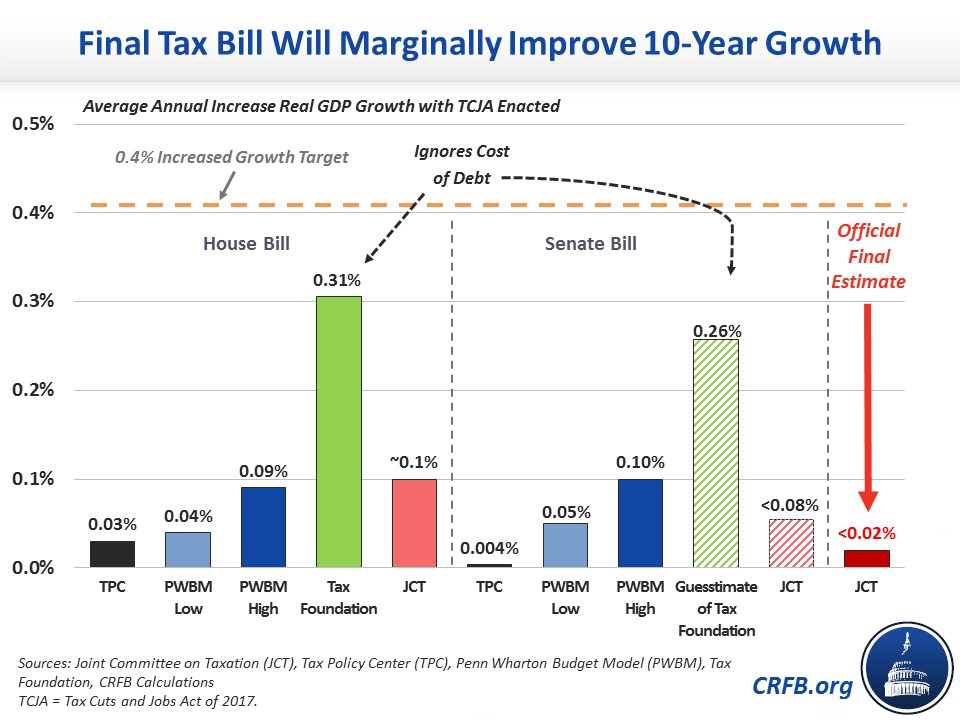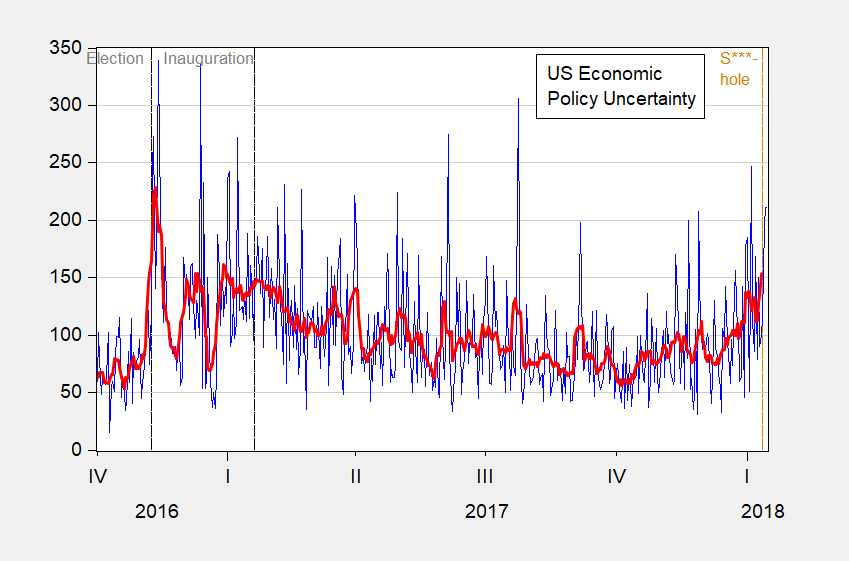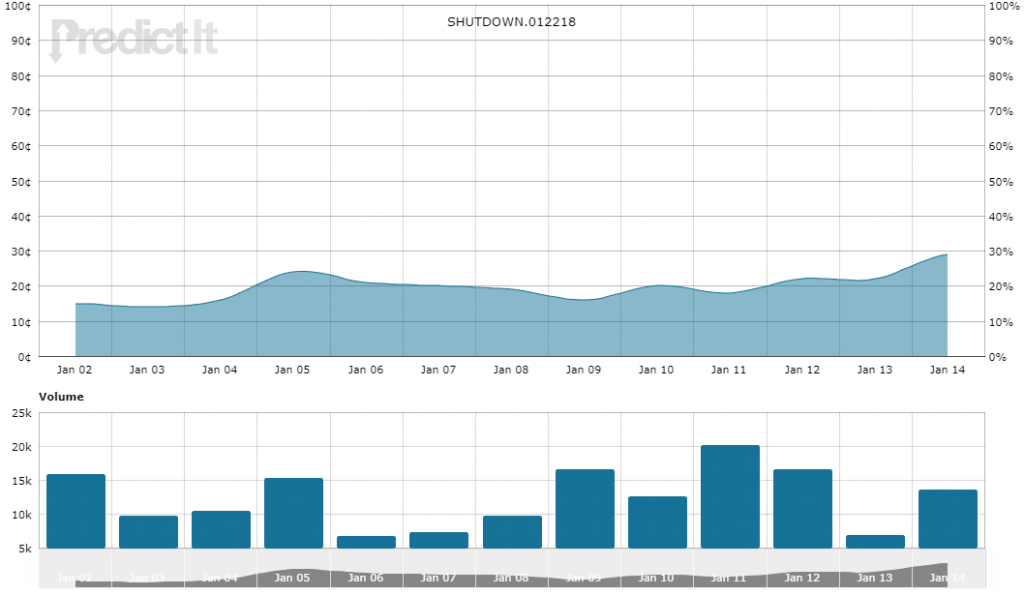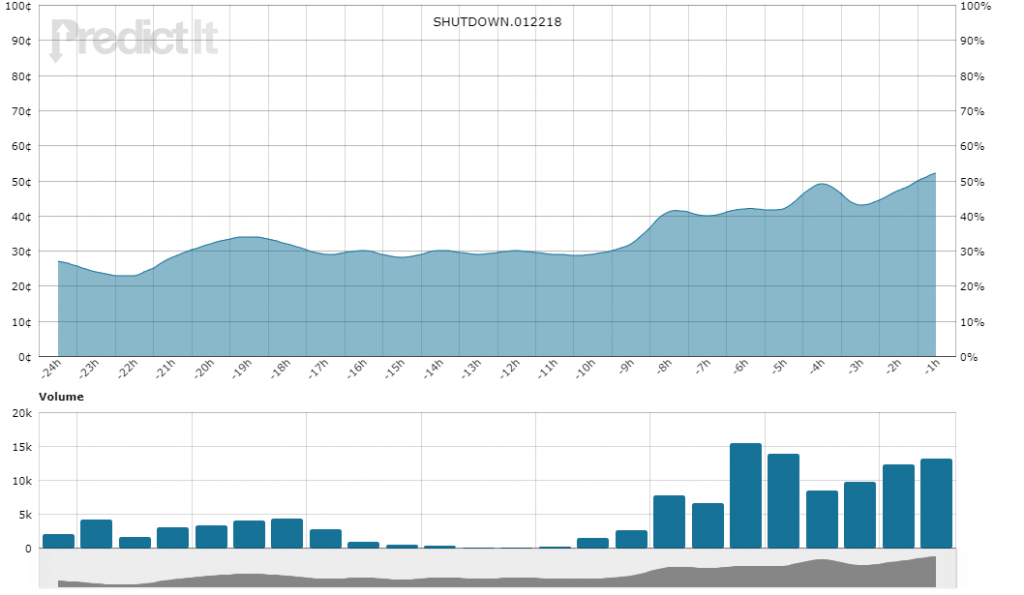Today, the DWD released statistics for December here. Total nonfarm payroll declined slightly, private increased slightly. The cumulative gap with respect to Minnesota (and the US) widened in both cases.
Continue reading
Monthly Archives: January 2018
Ruminations about What (and How) to Post in the Current Times
Reader rtd admonishes me:
Someone with your smarts & level of education should be able to ignore these types of political rhetoric & certainly not induce you to create a blog post devoted to such atrocious comments & lunacy (particularly considering, as you’ve explicitly noted in the past, that you hold your readers to a relatively high regard as it relates to their intellectual capabilities). Unfortunately your (persistent) biases & subjectivity don’t seem to allow you to take the high road
He’s writing in response to the December 2015 post entitled NYT: “Donald Trump Calls for Barring Muslims From Entering U.S.”. At the time, I re-worded the Chinese Exclusion Act of 1882 to fit then-candidate-Trump’s call.
Now, in the context of the Mr. Trump’s recent discussion of determining immigration and refugee status, rtd says, don’t sink to the level of Mr. Trump’s terminology of “s***hole” countries, as Mr. Trump considers what legislation he is willing to sign.
I will admit in these changed times, it is hard to stomach much of the language being used (it’s not how my parents taught me to speak) — as well as the intent behind this language. The question is, if Mr. Trump is saying he’s going to do X, shouldn’t we consider outcomes if he does X (taking into account that within the first week of his administration, he did try to ban residents from several majority Muslim countries from entering the country — and finally managed to)? In other words, will ignoring coarse language and intent make those things disappear?
My answer is no.
Market Expectation of Shut Down on 1/22 (Monday) Breaks 50-50
according to PredictIt as of 4:35PM Central.
Guest Contribution: “Inequality Falls Globally, Even as it Rises Within-Country”
Today, we present a guest post written by Jeffrey Frankel, Harpel Professor at Harvard’s Kennedy School of Government, and formerly a member of the White House Council of Economic Advisers..
No Retraction: TCJA Average Growth Acceleration = 0.01-0.02%
In response to my quote of CRFB’s assertion that average growth acceleration under the Tax Cuts and Jobs Act relative to baseline will be only between 0.01-0.02 percent (shown below),

Source: Committee for a Responsible Federal Budget (Jan. 3, 2018).
Reader Vivian Darkbloom writes:
I’m asking myself how an average increase of only 0.01 percent to 0.02 percent in GDP growth over a decade could result in an average of increase in the level of GDP output of 0.7 percent of that same ten-year period as reported by the CFRB and Menzie.
and continues:
Either you need to justify it (and the related text regarding the assertion that it is 1/20th to 1/40th of the McConnell estimate), or retract it.
Polling Data Analysis with Stephen Moore
Not lying so much as willfully misleading.
I had the misfortune to watch Stephen Moore debating approval ratings for Trump by African Americans. From RawStory:
…you have to look at [Trump’s] record when it comes to civil rights not necessarily what he said or is alleged to have said,” Moore answered. “Brooke, if this man is a racist, why is it that his approval rating, among blacks, has increased while he has been president? It’s because of his record, not what he says.”
A Trumpian Immigration Policy
Once again I’m going to save Donald Trump some time in writing up the legislation. Here is some handy-dandy text borrowed from the Chinese Exclusion Act of 1882.
Economic Policy Uncertainty on the Rise
What does it mean for economic activity?

Figure 1: Daily US Economic Policy Uncertainty Index (blue), and centered 7 day moving average (bold red). Source: policyuncertainty.com accessed 1/15/2018, and author’s calculations.
Does economic policy uncertainty matter for real activity. In a new CEPII brief, Laurent Ferrara, Stéphane Lhuissier & Fabien Tripier review the evidence in “Uncertainty Fluctuations: Measures, Effects and Macroeconomic
Policy Challenges”.
Their Lesson #3 is particularly interesting.
The effectiveness of economic stabilization
policies depends on the state of uncertainty and should
then be adapted accordinglyBeside the role of public authorities in stabilizing political,
economic and financial uncertainty, the channel of
transmission of macroeconomic policies is likely to be
impaired by uncertainty. Under conditions of high uncertainty,
the effectiveness of fiscal and monetary policies is damaged,
and thus economic actors (households, firms, and investors)
become less inclined to respond to policy impulses. …
Entire brief here.
More on uncertainty, relating to Brexit, here, JIMF-BdF-UCL conference here, at ASSA here.
Government Shutdown Expectations
Now at 29%, according to PredictIt, for 1/22 (CR ends midnight this Friday).

Source: PredictIt.
Making Mexico Pay for the Wall (Redux)
So we’re back to this again? From CNN:
“They can pay for it indirectly through NAFTA,” Trump said Thursday in an interview with The Wall Street Journal. “We make a good deal on NAFTA, and, say, ‘I’m going to take a small percentage of that money and it’s going toward the wall.’ Guess what? Mexico’s paying.”
